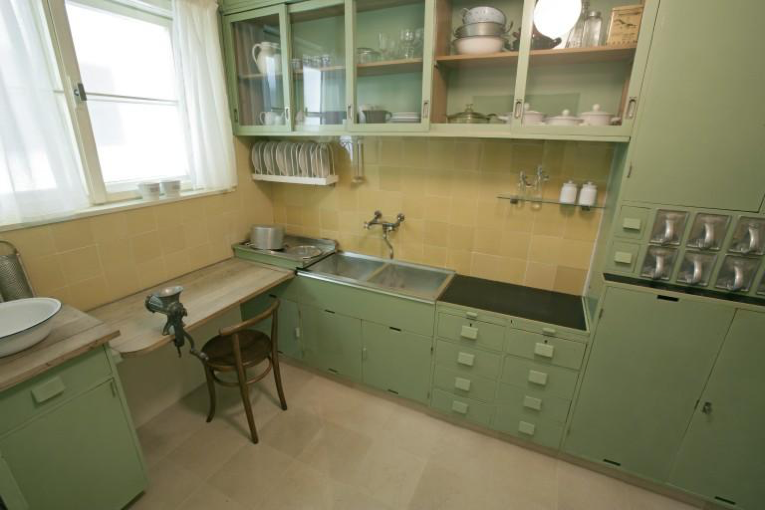
Contested Spaces: Colony, Plantation, School, Prison, Kitchen, Closet
Lectures (4)
Loading Accordion Items...The Overview
This lecture course unpacks spaces of contestation and encourages students to think critically about how specific sites and objects have participated in the construction of class, race, and gender. Building on the histories of art and architecture, the course proposes the category of “space” as an alternative to the geographic, aesthetic, and analytic categories that have shaped the canons of these two disciplines. The lectures address those historically excluded from these canons, problematizing agency and authorship in art and architectural history. Through close attention to the way objects and sites structure social relations and index broader networks of power, economy, and governance, we use a relational approach to world history that continually shifts the gaze between Western and non-Western perspectives.
Each lecture addresses a type of “space” central to the formation of modernity—Colony, Plantation, School, Prison, Kitchen, and Closet—and introduces that space by way of discussions centered on objects and sites from different historical times and geographical locations. We start in 1492, a moment of encounter that generated contacts, trade and exchange and led to the construction of modernity and its myths. We trace the networks of colonial trade and slave exploitation, connecting distant sites and reciprocal influences. We insist on a non-western-centric history of pedagogical spaces and objects, and broaden the concept of prison as a territory of confinement and segregation. Finally, we explore the kitchen as a source of both community and segregation, and the closet as a metaphorical construction of secrecy and forbidden sexuality. The use of a core spatial construct as the base of each lecture enables the course to range broadly within a long date span while also offering students concrete, in-depth knowledge of key objects and sites. By examining these contested spaces, our course challenges canonical narratives and reveals the fundamental role of class, race, and gender struggle in the construction of modernity.


